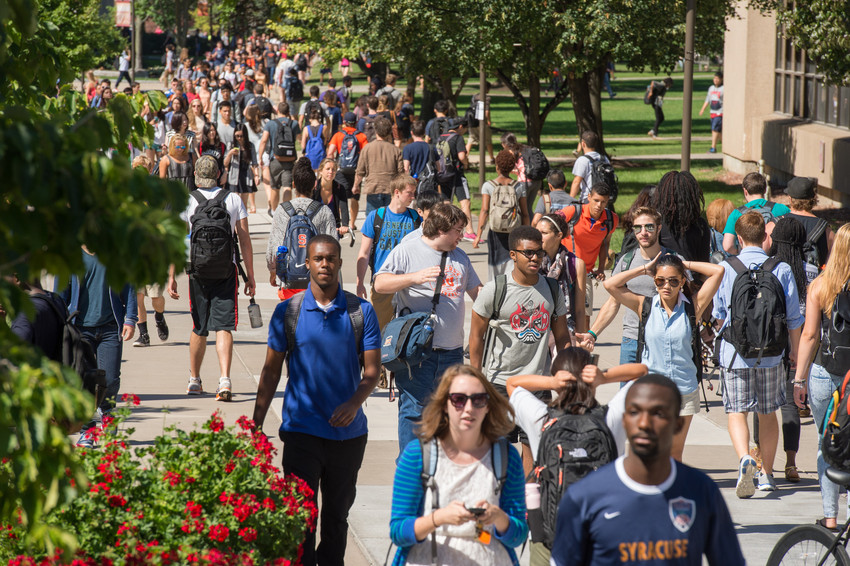Construction Continues at Stadium Place, Center Crosswalk to Close Aug. 8
Campus Planning, Design and Construction, CenTrio Energy, and local contractors are continuing their work on the campus steam distribution system in the West Campus area. To continue necessary sidewalk replacements along the east boundary of the Raynor Avenue lot, the…


